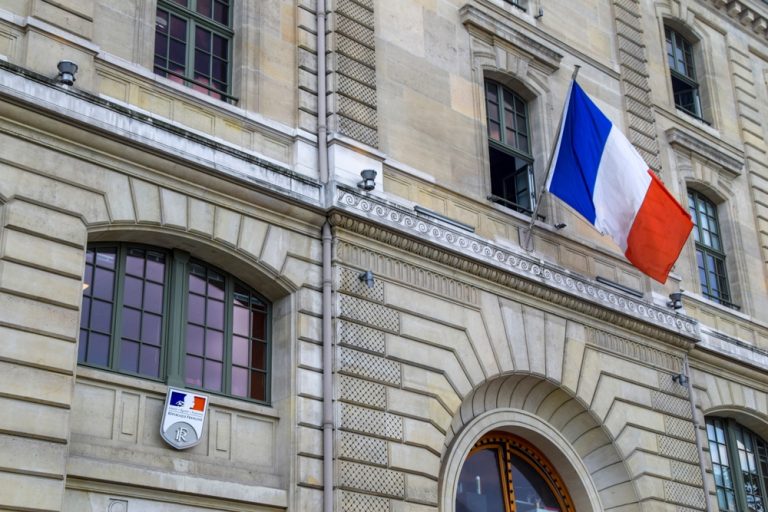France is facing political turmoil once again after Prime Minister Michel Barnier was removed from office in a no-confidence vote on Wednesday. The move leaves the country’s leadership in disarray as it grapples with economic challenges and political divisions.
Barnier, who was appointed by President Emmanuel Macron in September, saw his government fall after 331 out of 577 lawmakers in the National Assembly voted against him. This marks the shortest tenure of any French prime minister in modern history.
Why Did Barnier’s Government Collapse?
Barnier’s appointment followed a snap parliamentary election in July that ended in a deadlock, with Macron’s centrist coalition failing to secure a majority. Tasked with leading a minority government, Barnier faced opposition from both the left-wing coalition led by Jean-Luc Mélenchon and the far-right bloc under Marine Le Pen.
Both sides opposed Barnier’s proposals to address France’s budget deficit through tax hikes and spending cuts. Tensions escalated when Barnier used special constitutional powers to pass a welfare-related budget without a parliamentary vote.
“This choice was to protect the French,” said Le Pen, justifying her coalition’s support for the no-confidence vote.
What Happens Next?
France’s constitution prohibits another snap election until summer, leaving Macron to navigate the political crisis by appointing a new prime minister. Until then, Barnier will remain in a caretaker role, though his ability to address urgent economic issues, such as the escalating budget crisis, will be limited.
Macron’s choice for a replacement is critical. In his previous attempt, he bypassed the left-wing coalition, which had won the most votes in the parliamentary election, opting for Barnier, a conservative seasoned in international negotiations.
Jean-Luc Mélenchon commented on the collapse, saying, “Even with a Barnier every three months, Macron will not last three years.”
Economic Implications
The collapse of Barnier’s government could have ripple effects across France’s economy and the broader European Union. Investors may react by selling French stocks and bonds, potentially destabilizing the eurozone. With public debt nearing $3 trillion, France’s financial instability poses risks for the EU’s second-largest economy.
Macron’s Challenges
Macron, whose term as president runs until 2027, remains unpopular among French citizens. While a successful Paris Olympics and the reopening of Notre-Dame Cathedral after its 2019 fire offer some positive moments, his policies have alienated both left-wing and far-right voters.
Analysts argue that Macron’s decision to call a snap election earlier this year exacerbated the crisis. “Barnier’s exit is proof that Macron’s gamble in calling a snap election last spring totally failed,” said Jean-Yves Camus, a political scientist at the French Institute for International and Strategic Affairs.
A Turbulent Path Forward
With political uncertainty and economic pressures mounting, France is bracing for a challenging period. Macron’s ability to navigate this crisis and appoint a new prime minister who can manage a deeply divided parliament will determine whether his government can regain stability.


